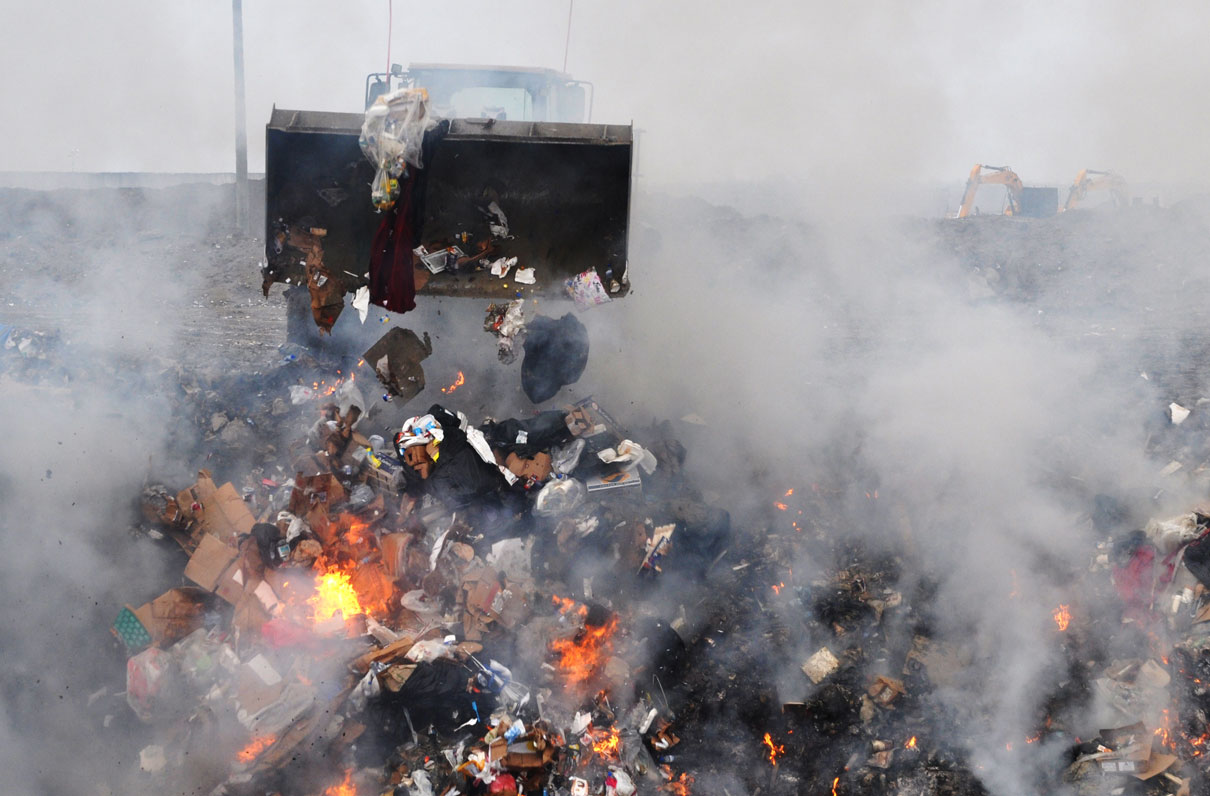Last week, council and chapter leaders who volunteered for MOAA’s Advocacy in Action campaign received training on key national issues for the year. Among MOAA’s asks for this year are for comprehensive toxic exposure reforms focused on fixing the presumptive process, expanding health care for those who served in the Global War on Terror (GWOT), and conceding exposure to hazardous chemicals. Each part of MOAA’s approach provides a critical pillar for comprehensive toxic exposure reform.
[TAKE ACTION: Write Your Lawmakers Today to Support Toxic Exposure Reform]
Ten years after deploying to Iraq, Dr. Kate Hendricks Thomas, a Marine Corps veteran, was diagnosed with stage 4 breast cancer. As her husband, Shane, described when looking at her scans, it “looked like somebody had taken Kate by her hair and dipped her in cancer. It was from head to toe, every bone in her body. That oncologist says we're looking at about 6 to 10 years [to live].”
[VIDEO: More About Dr. Thomas]
Dr. Thomas is one of the GWOT veterans whose burn pit-related claim was denied by the VA, despite having medical opinions linking her illness to burn pits during her service. In addition to fighting her breast cancer and being a mother to her son, Matthew, she must now fight with the VA.
“One of the things that's been really hard for us is we went from being a dual income family” to a single paycheck, Dr. Thomas said. “Now [Shane] has to shoulder the burden not just of taking care of me and Matthew, but of supporting us financially.”
If the Veterans Burn Pits Exposure Recognition Act passes, veterans like Dr. Thomas would have one less barrier to receiving direct service connection for their illness. Being able to point to chemicals she was exposed to would help increase the likelihood of a successful appeal for her and future claims for others.
Passing the Toxic Exposure in the American Military Act would require the VA to respond as conditions emerge. This is a needed fix for presumptive process; the current setup does not require the VA secretary to examine and respond to new illness as the scientific community reaches a consensus. As of now, Dr. Thomas and other veterans face an uphill battle to connect their conditions as new presumptives.
You can help MOAA’s Advocacy in Action campaign by writing your lawmakers. Interested in getting more involved with advocacy? Find and join your local chapter and get involved!
MOAA Looks Out For You
MOAA is committed to protecting the rights of servicemembers and their families. Lend your voice and support these efforts today. Because the larger our voice is, the greater our impact will be.

